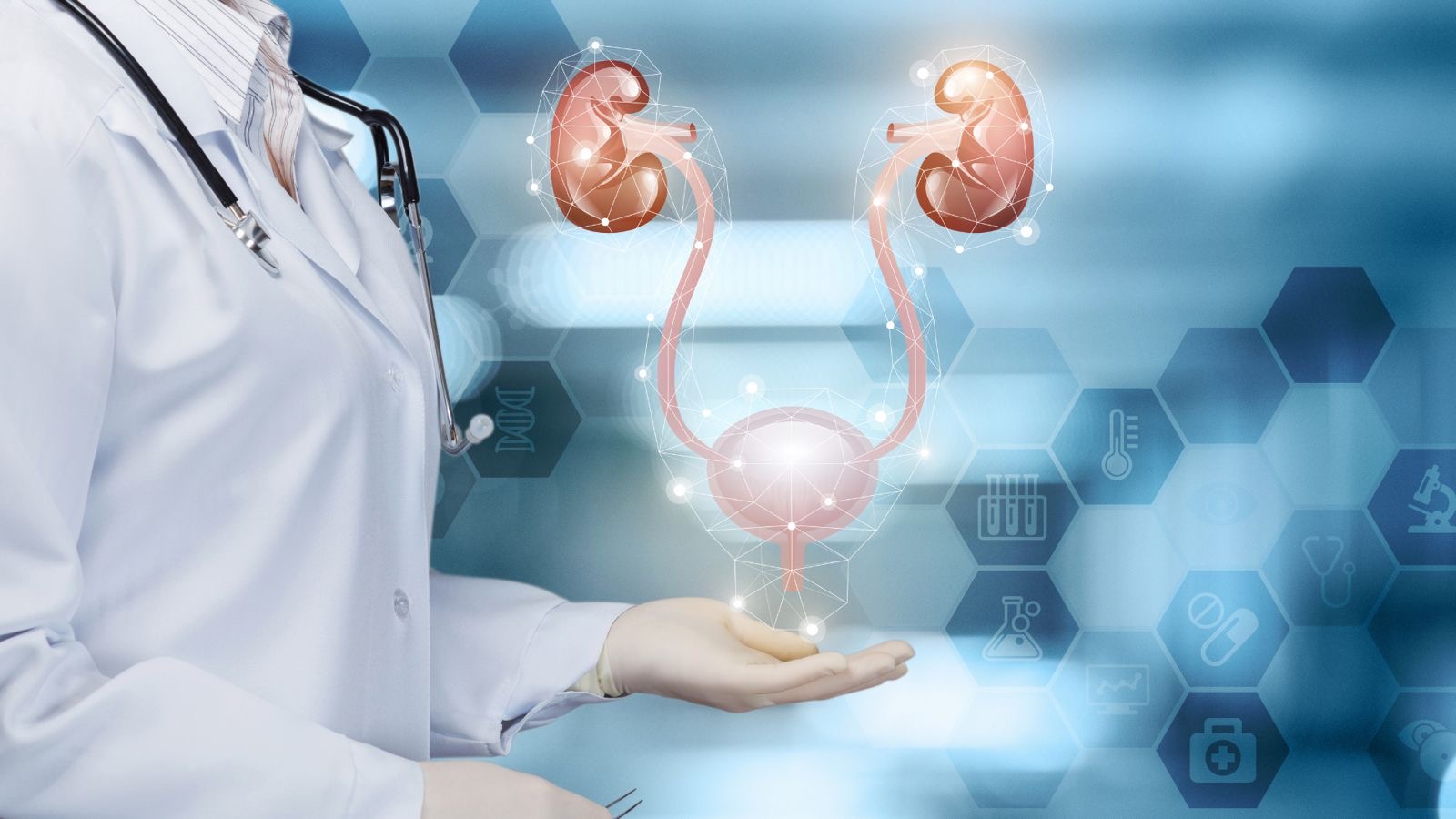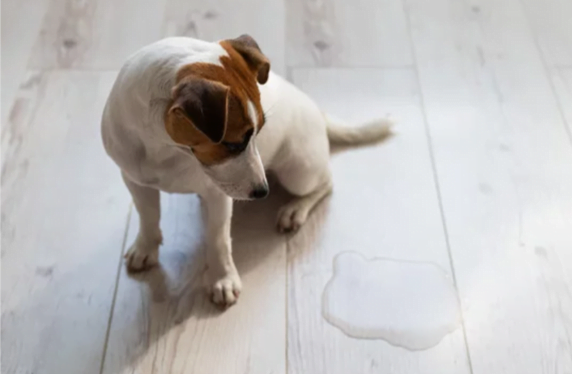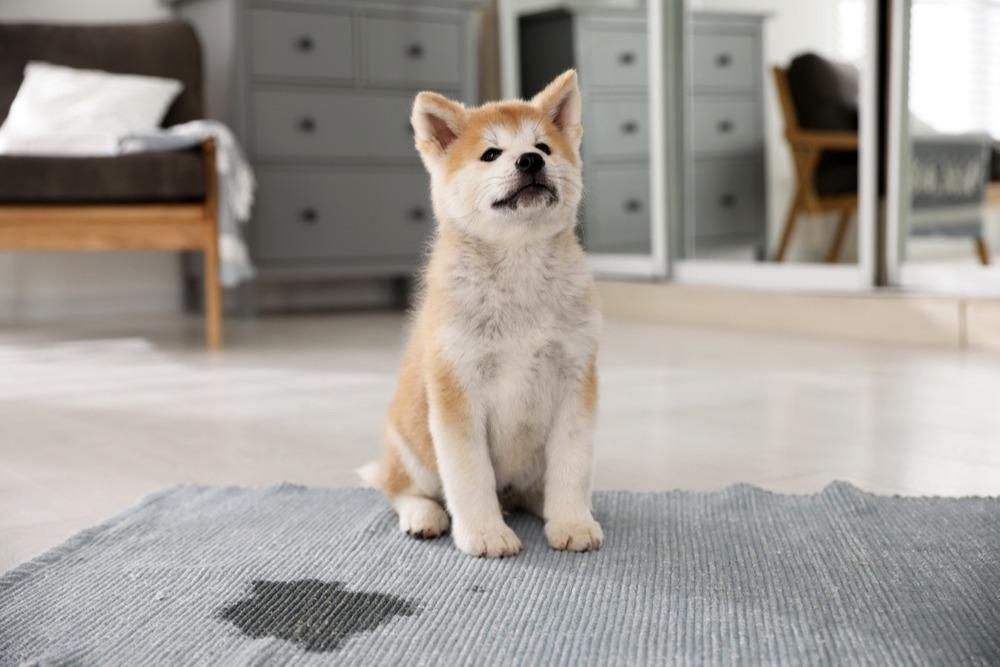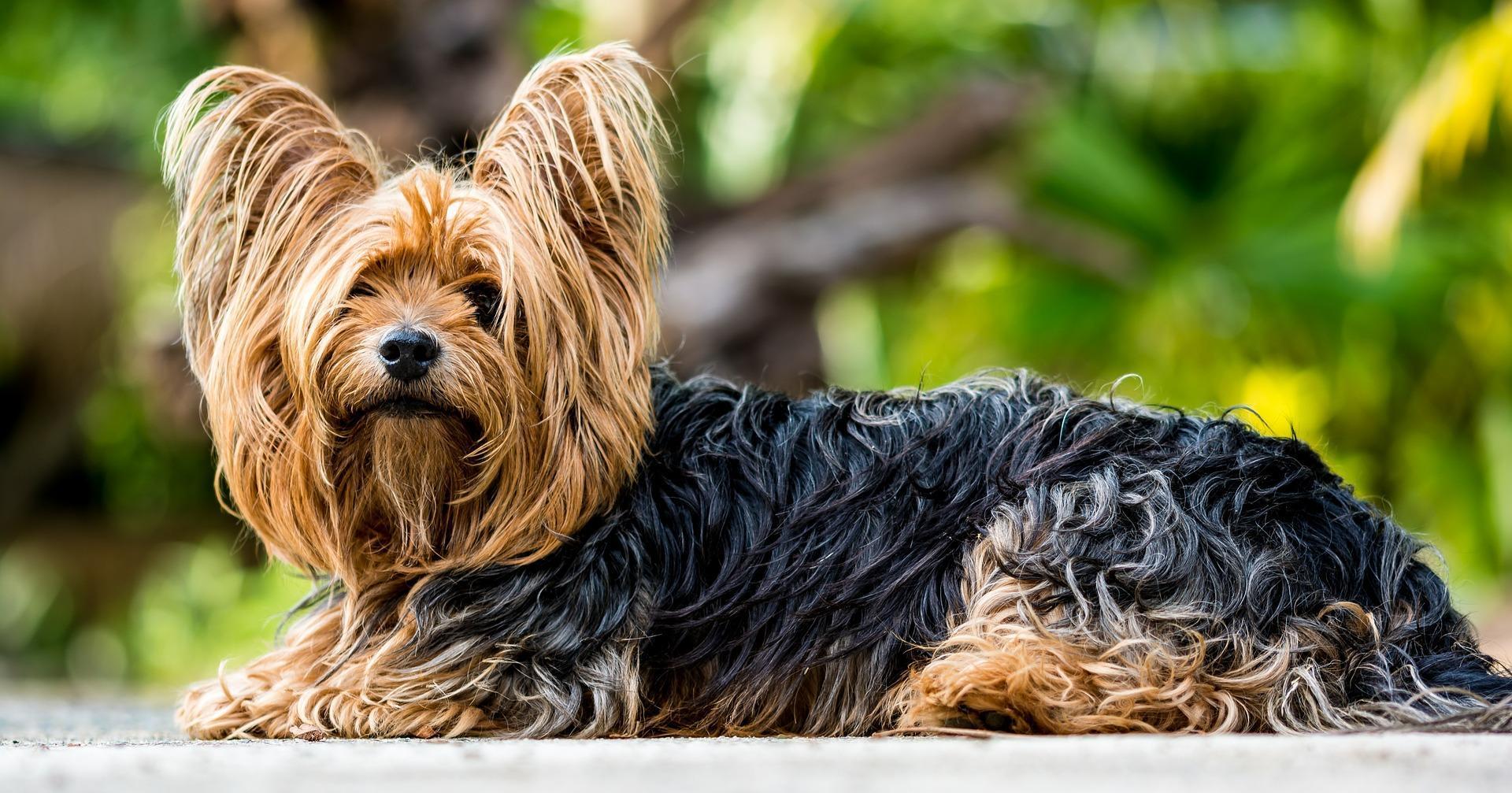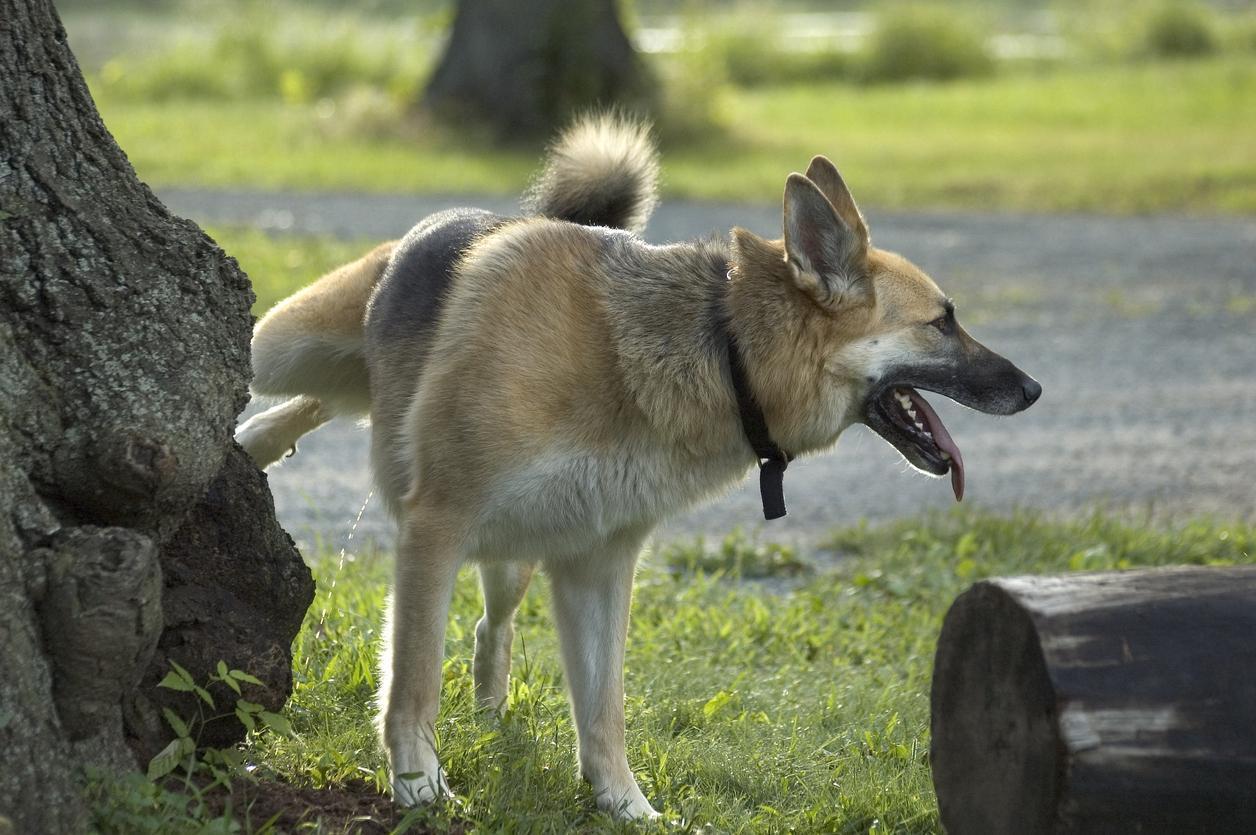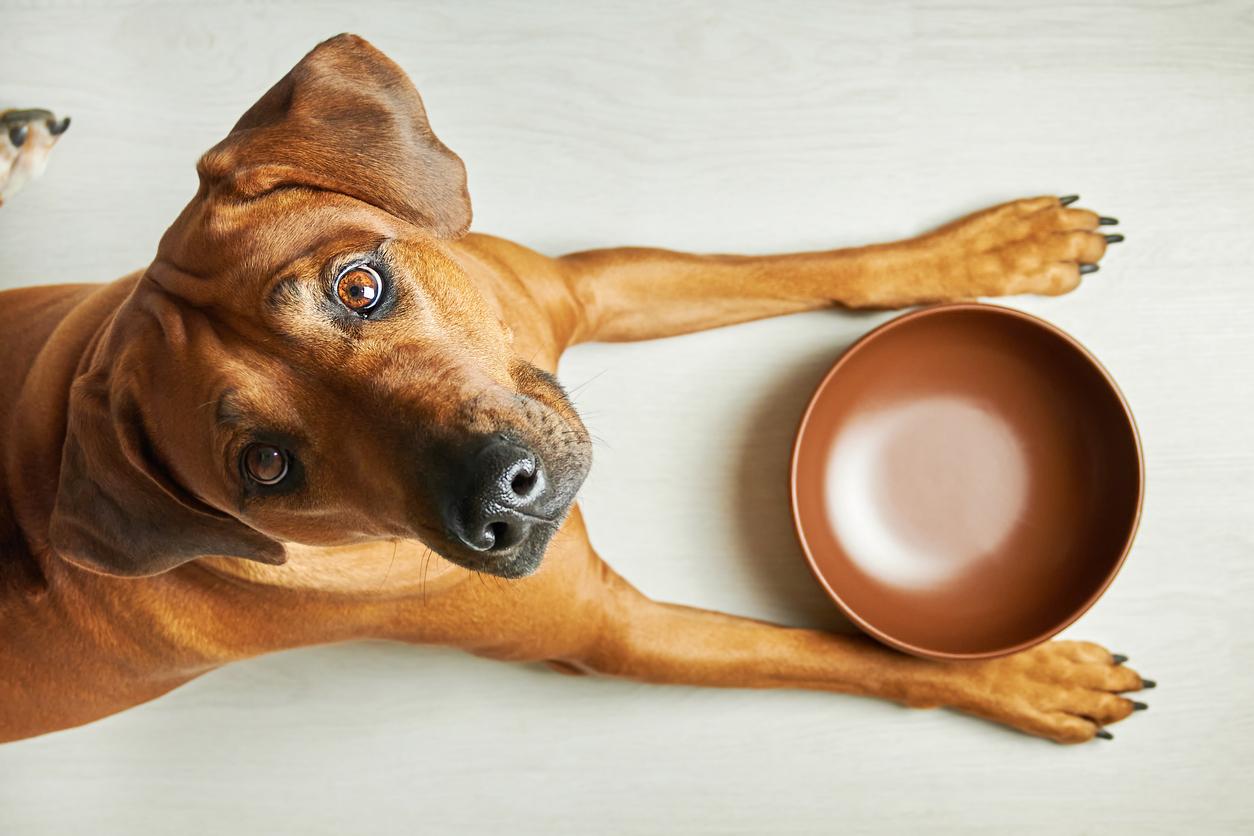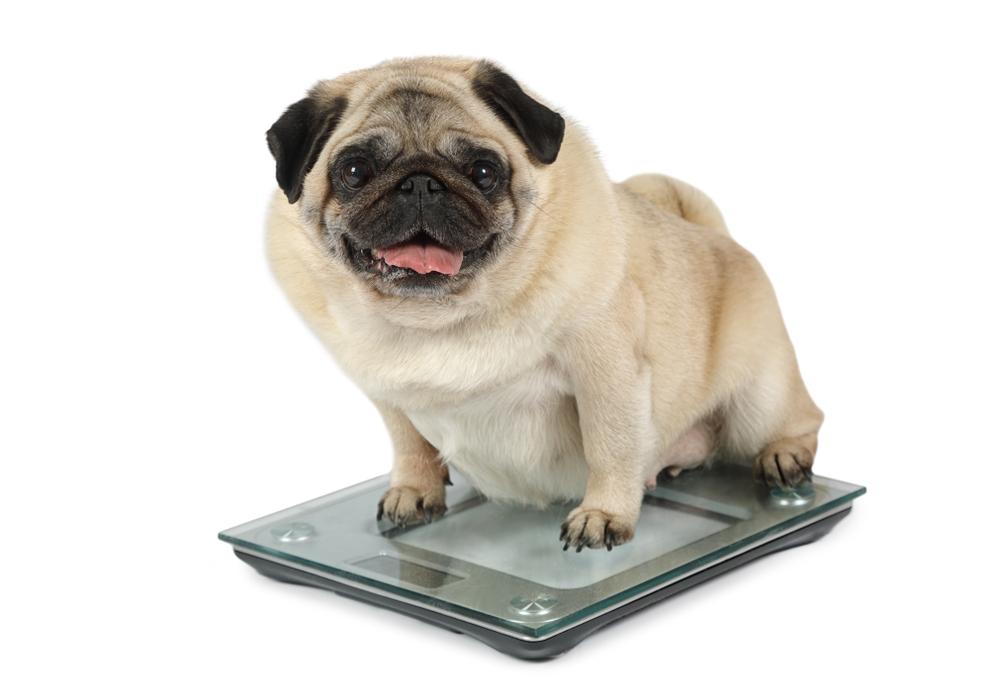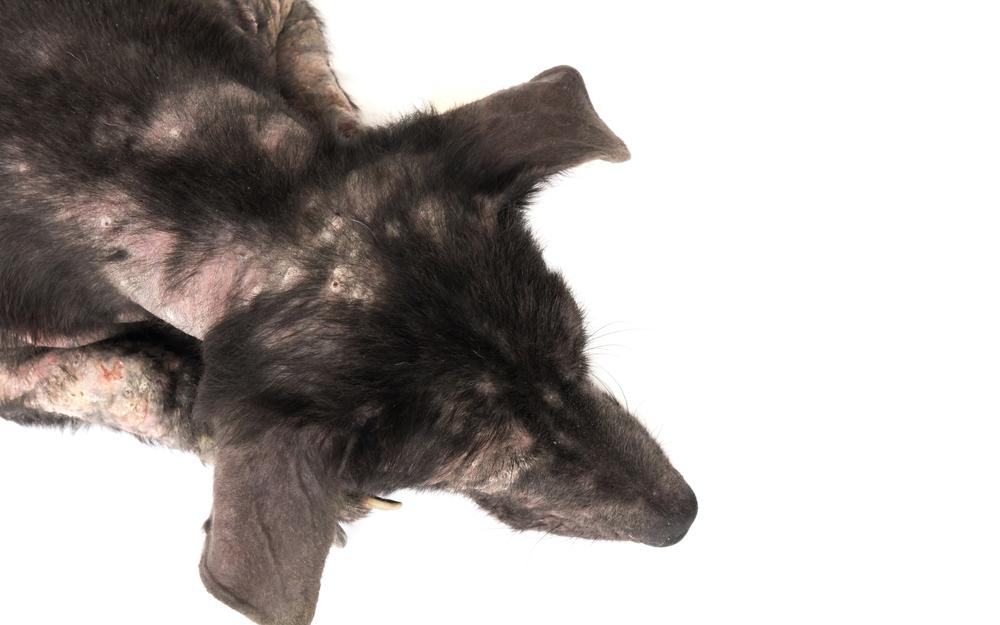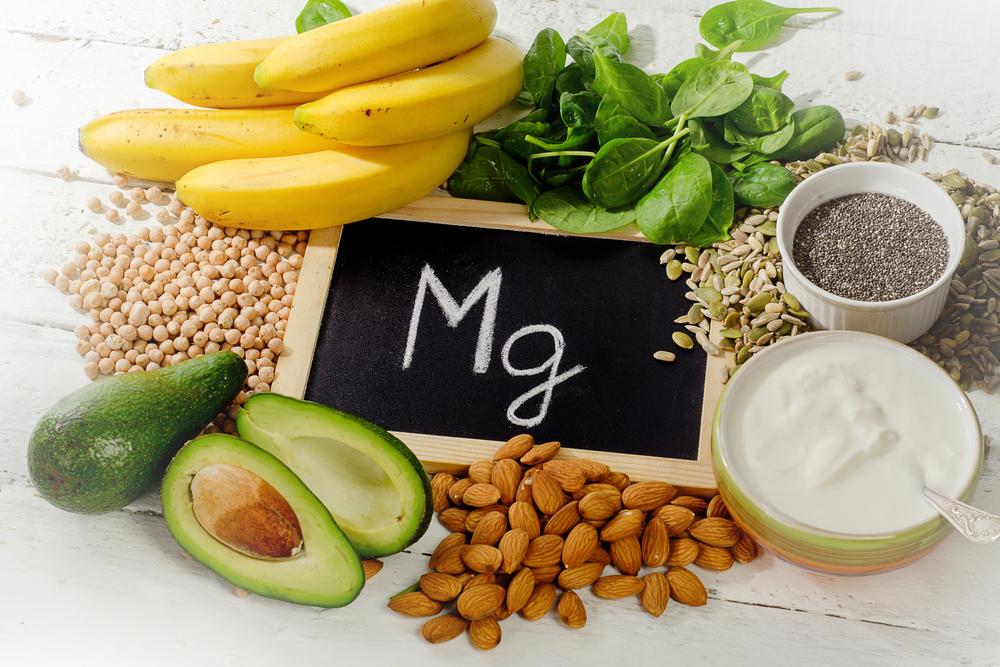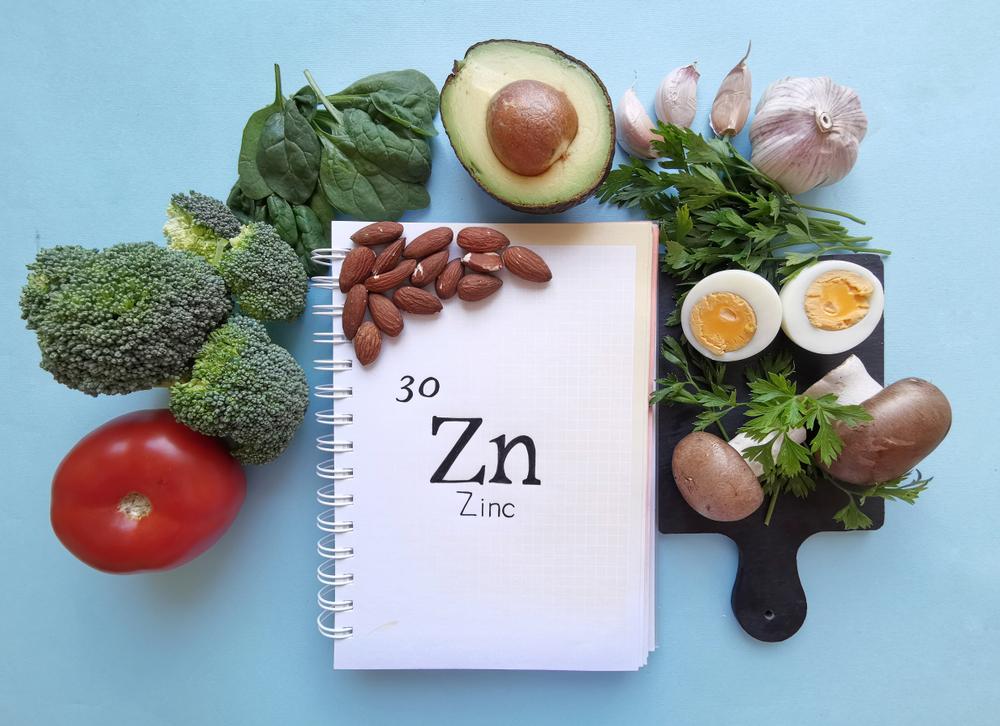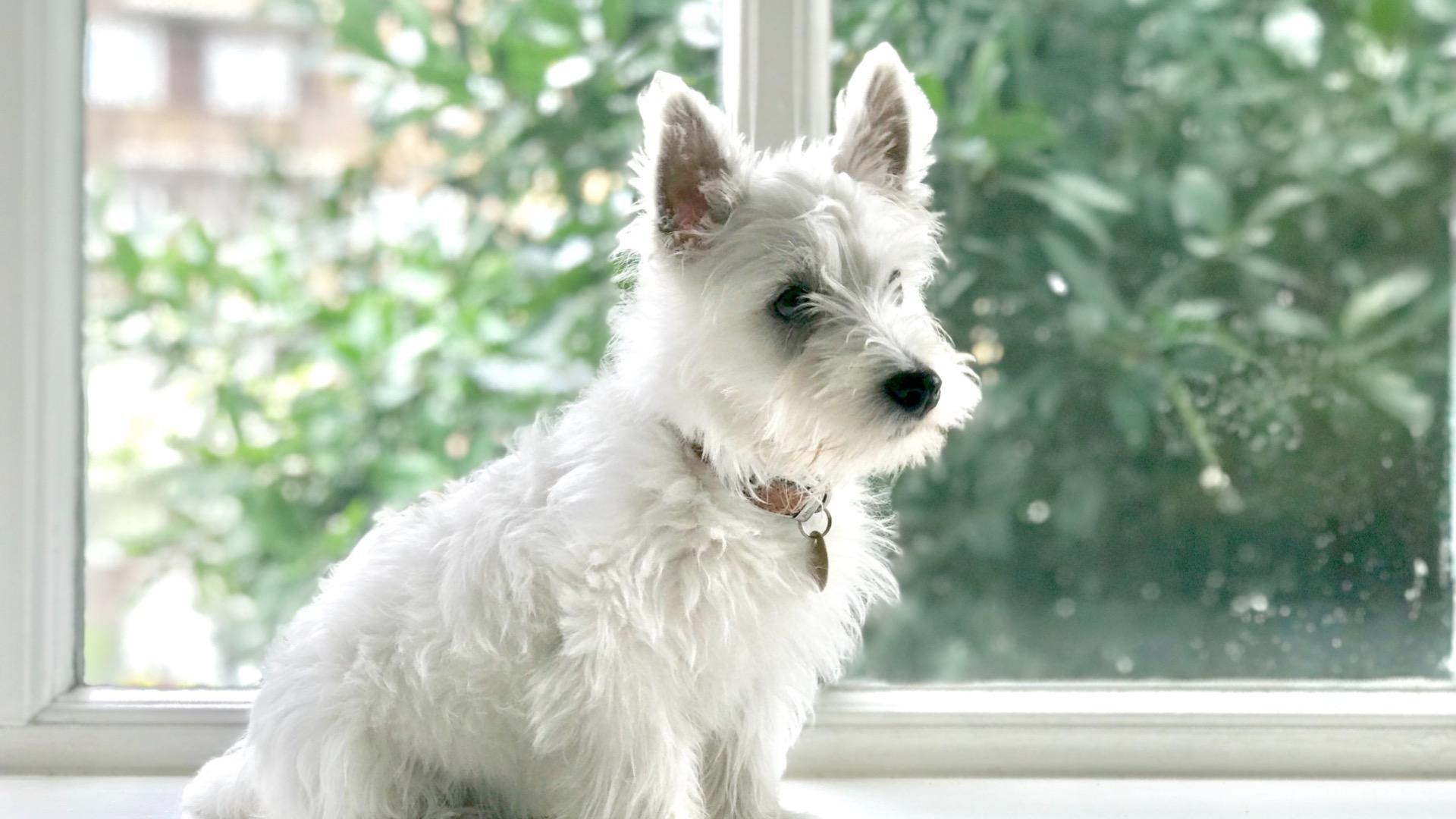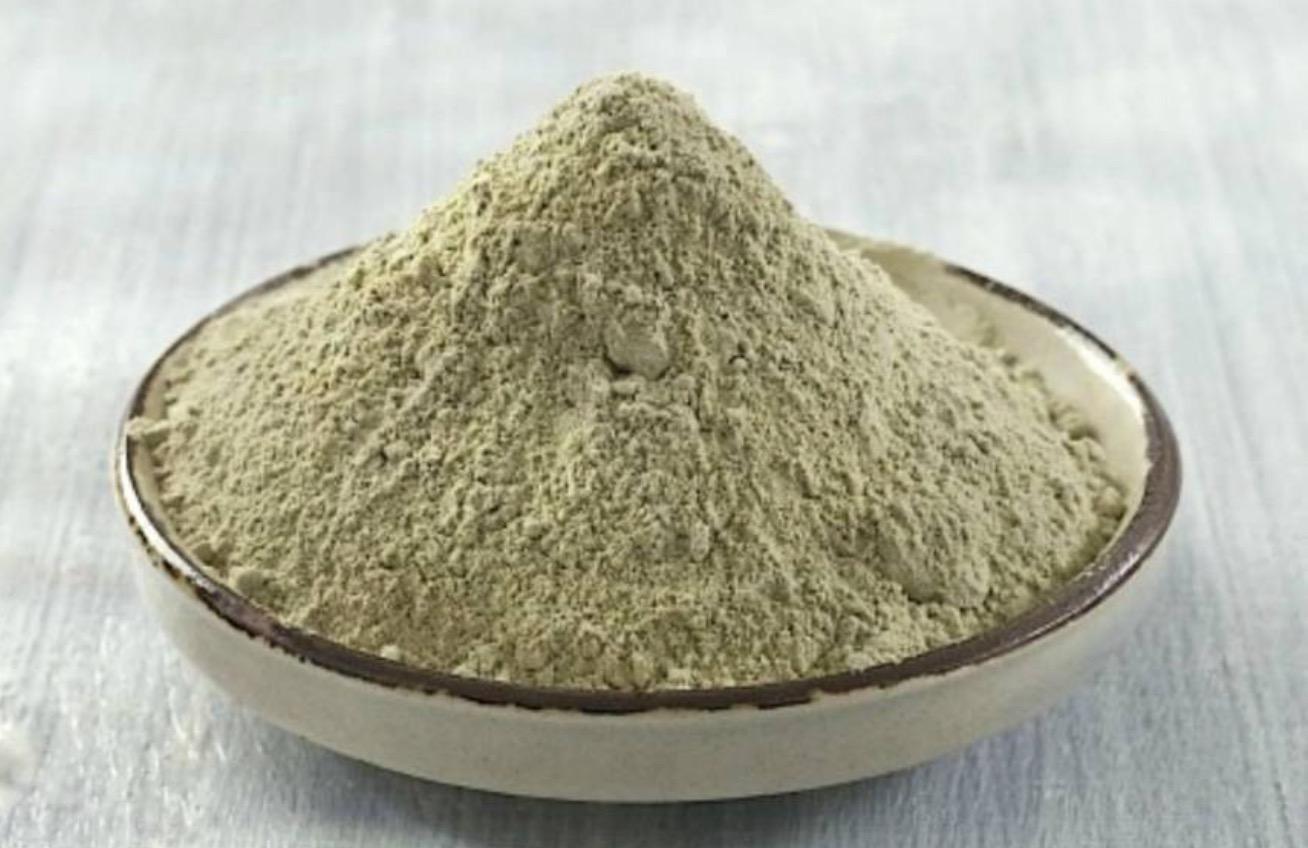Here at MPN, we see a number of different cases whether it be itching/allergies, cancer, pancreatitis, IBS, IBD, liver and kidney disease and more. There’s a lot that goes into a consultation at MPN and its bespoke to your pet. No 2 clients are going to get the same plan. However, Bentonite clay is one of the ingredients can that be applied to a lot of these problems as an initial support. So, let’s get the dirt on clay! See what I did there?
Does your dog dig for soil or want to eat cardboard? Does your cat try and eat litter? Then Bentonite could be just what they are looking for.
Clay has been used with the following issues successfully and supported by research for both humans and animals:
· Skin issues and Allergies
· Digestive issues
· Pancreatitis
· Kidney and liver Support
· Immune support
· Parasites
· General detoxification
My favourite, which is Bentonite clay, can be interchangeably referred to as Montmorillonite clay and are both regarded as an absorbent aluminium phyllosilicate clay from the Smectites family. They are both named after regions they come from but in nature they have the same structure and have a much higher absorption capacity than other clays found in nature and on the market.
It has been used and eaten since ancient times as humans believed in its therapeutic benefits. So let’s chat about Bentonite clay and its wondrous abilities.
Skin issues and Allergies
Due to many skin issues arising from immune reactions and toxicity,Bentonite can be calming and cooling both applied internally and externally.Internally Bentonite clay has proven to remove many different bacteria and fungi,including candida albicans, that can lead to skin issues. It can help support and excrete histamine from the bowel (histamine, we know can create intense itching and can accumulate whether your pet is experiencing allergies or not) and clay can help support liver and kidney function which is essential when detoxification is required due to the above.
Applied externally (clay being wet and made into a paste) can help hotspots, wounds, calm itching and help fungal infections.
This is our favourite on the market for EXTERNAL application only.
Digestive issues
Clay can positively affect digestion by boosting gut flora and ridding the digestive tract of any unwanted toxins.
One trial states that bentonite may help nutrient absorption through increasing gut flora activity. We know gut flora (microbiota is essential for digestive health and good immunity).
Bentonite clay has for a long time been considered as an effective treatment for diarrhoea, IBS and IBD. A trial in 1961, was shown that orally administered bentonite treated 97% of cases with different causative factors of diarrhoea. These being virus infection, food allergy,spastic colitis, mucous colitis, and food poisoning. This is pretty incredible don’t you think?
Pancreatitis
Clay can be a wonderful addition to a diet in EPI(Exocrine Pancreatic Insufficiency) especially when stools are upset and voluminous. In pancreatitis the pancreas becomes inflamed and enzyme production is less than desired.
A trial with montmorillonite clay improved diarrhoea, enhanced intestinal mucosal integrity and the production of digestive enzymes in animals found
here.
Kidney and liver Support
Bentonite can really help kidney and liver function. Two examples of how this may help.
Bentonite is a natural phosphate binder which is a essential support in kidney disease. The excess phosphates and urea that the kidneys can’t clear can be greatly helped by Bentonite clay and will allow your pet to feel much better, improving appetite and energy level.
SerumUrea is a by-product of kidney disease and poor function
. Bentonite is shown to promote the diffusion of urea from blood vessel to intestine, and inhibits the absorption of urea in intestine
here.
Also Bentonite clay was able to restore liver function during exposure to toxins. And it didn’t affect their digestion of good nutrients
here.
Immune support
We know Bentonite clay supports digestion and over 70% of the immune system resides in the digestive system. We know effective detoxification supports general immune function but we also know cancer and Bentonite have a direct correlation. Bentonite has been shown to inhibit the growth of human cancer cell lines U251 (central nervous system, glioblastoma). It seems that bentonite clay surfaces, controls the levels of metabolic growth components
here.
It has also been shown to demonstrate an anti-bacterial affect and the ability to pull pathogens out of the bowel
here.
Parasites
Bentonite helps to clear intestinal parasites by dehydrating them, binding to them and then pulling them out of the body. Clay may also be used externally to suffocate and kill parasites on your pet. Dry powder can be put over your pet’s coat or pasting wet clay for a period of time. Just to warn you folks, this could get messy.
General detoxification
Clay has first and foremost always been considered as a detoxifier. It ultimately helps many of the above issues due to its detoxifying nature. Bentonite clay is negatively charged and so manages to attract and pull out toxins that by nature are positively charged. Clever isn’t it?
If your pet has been on a processed diet, been exposed to allergens, pathogens, parasites, vaccinations or just plain fatigued and trying to eat soil, then Bentonite clay is a wonderful supplement to consider. Clay is basically ideal for most of the pet population if taken with caution.
How to use Bentonite Clay
Bentonite clay needs to be given on an empty stomach and not to be fed food, herbs or medications until at least 2 hours after consumption. Please make sure dose is considered for your pet’s size and health and check with a healthcare professional first if unsure. Also select a reputable and established supplemental clay as it can naturally contain heavy metals and quality can differ between brands. Caution must be taken when given and reassessed after a period of administration.
Make sure clean and filtered water is available at all time. The very essence of clay means it absorbs water from the bowel. Please be aware of this.
To find out more about our consultation services, please check out our
consultations.
We hope you found this a bit lighter than the last blog on immune function.
MPN Team x

